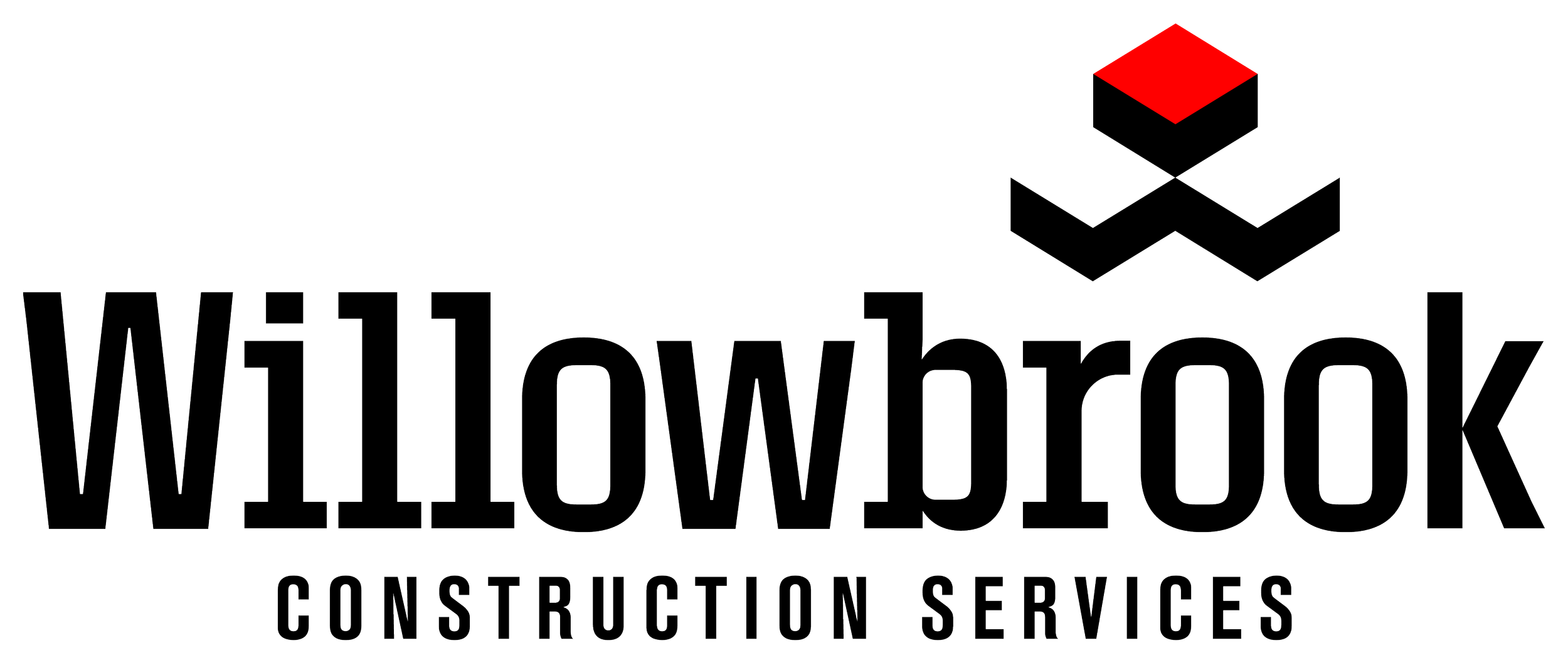Caring for Health
At $3.5 trillion a year in spending – and growing – health care is one of the largest industries in the U.S. The rapid growth in the sector creates a high demand for construction and renovation of hospitals, medical offices and clinics.
Building and upgrading these kinds of facilities isn’t like a typical office building or school campus. They require extensive knowledge, including experience working with Infection Control Risk Assessments (ICRA), as well as the equipment and procedures needed to ensure patient safety. CMSWillowbrook is one of the few construction management firms in Oklahoma which has scrubbed in and completed health care projects of many sizes.
Chickasaw Nation Pharmacy
Here's the prescription for successful health care construction:
Protect the patients
Hospitals service people with injuries, diseases and depleted immune systems. Before starting renovations at hospitals or medical offices, we spend weeks stitching together a plan with the facility’s infection control officer to keep construction from impacting important work. Protecting patients is our No. 1 priority, so we segregate our work areas using barriers, partitions and negative air pressure to contain airborne contaminants. We are currently wrapping up the new audiology center, eye clinic and emergency department at the Chickasaw Nation Medical Center in Ada, and we owe much of the success to our well-developed safety measures.
Trade coveralls for scrubs
Doctors and nurses aren’t the only ones donning scrubs in surgery rooms. When CMSWillowbrook renovates operating rooms, we gown up like extras on “Grey’s Anatomy” – complete with surgical masks and booties. This is one of the many procedures required by ICRA which safeguard future surgical patients.
Wash tools twice daily
Another crucial aspect of ICRA is the cleanliness of our tools. On most job sites, tools are washed periodically. But health care work requires us to clean all drills, saws, screwdrivers and other tools twice a day – once before we enter the site and again when we are packing up to go home. Health care hardware is some of the cleanest in the construction industry.
Meet more often
Heightened regulations require additional collaboration and communication with owners and architects. Rather than monthly meetings, we convene weekly to discuss a health-related project’s status, review timelines and work out any challenges. For our Chickasaw Nation projects, every department head attends the weekly meetings and we work with scalpel-like precision because there is absolutely no room for error.
The unique and challenging aspects of health care construction make it very rewarding. Not every construction manager can navigate the complexities of constructing a hospital or medical office, but CMSWillowbrook has the expertise and dedicated staff to make your next health care project a successful one.
Trey Schick is the health care project director at CMSWillowbrook

